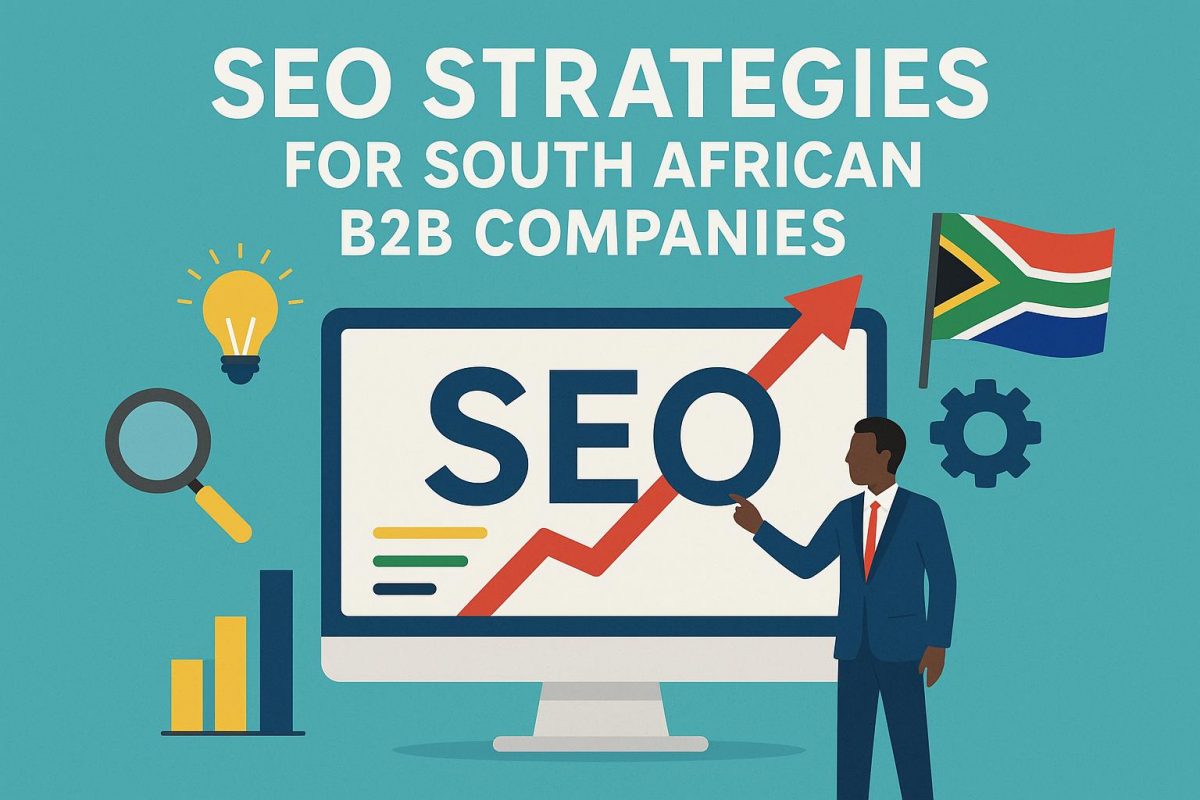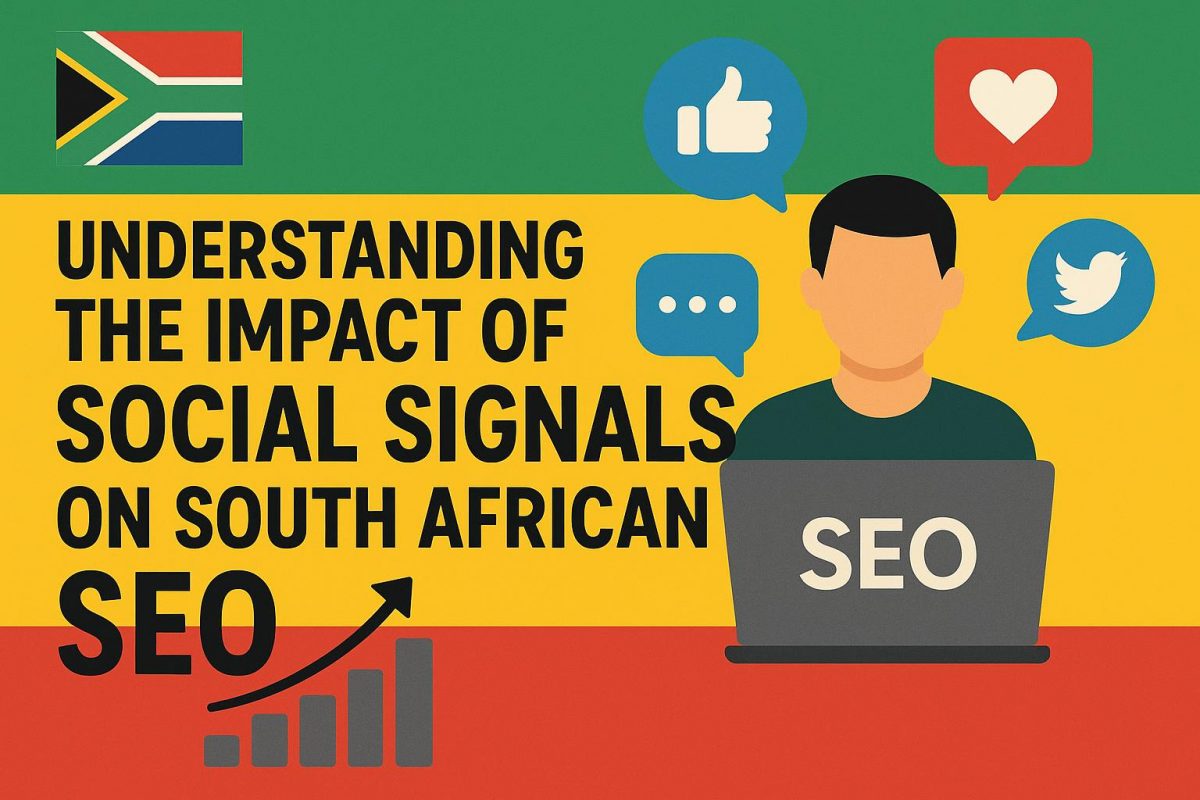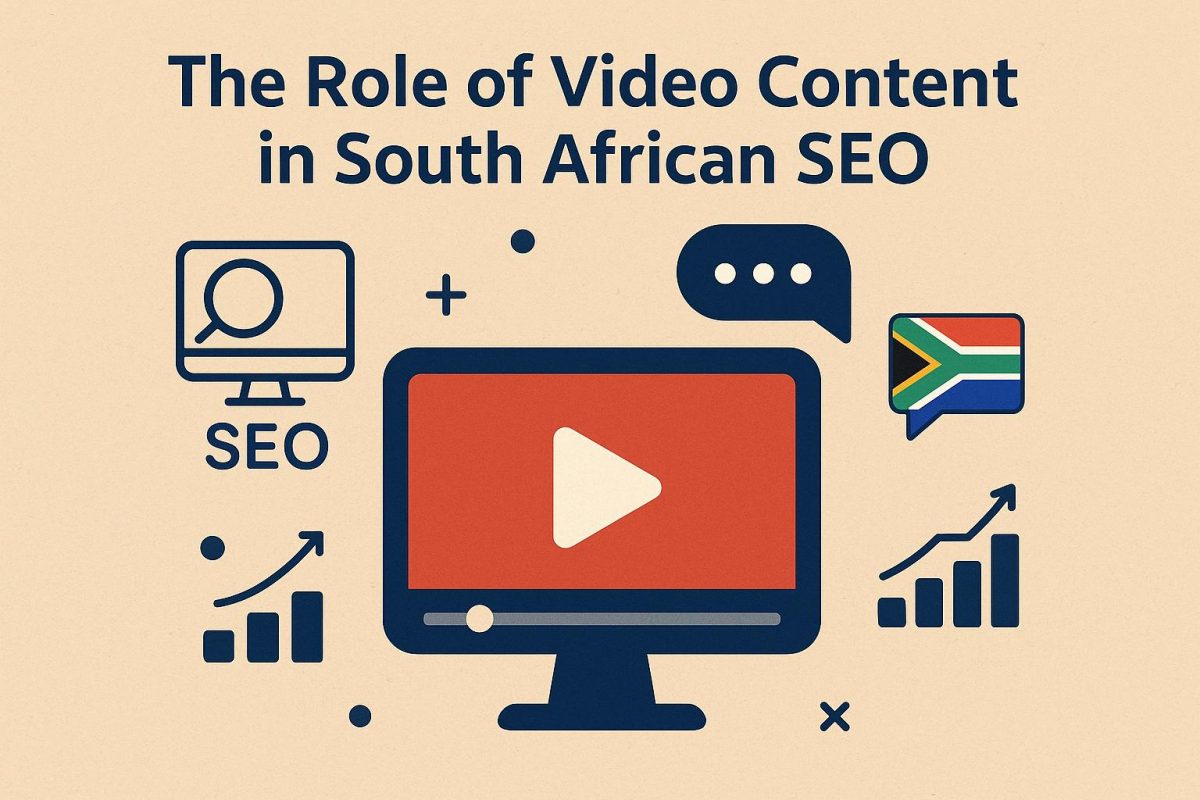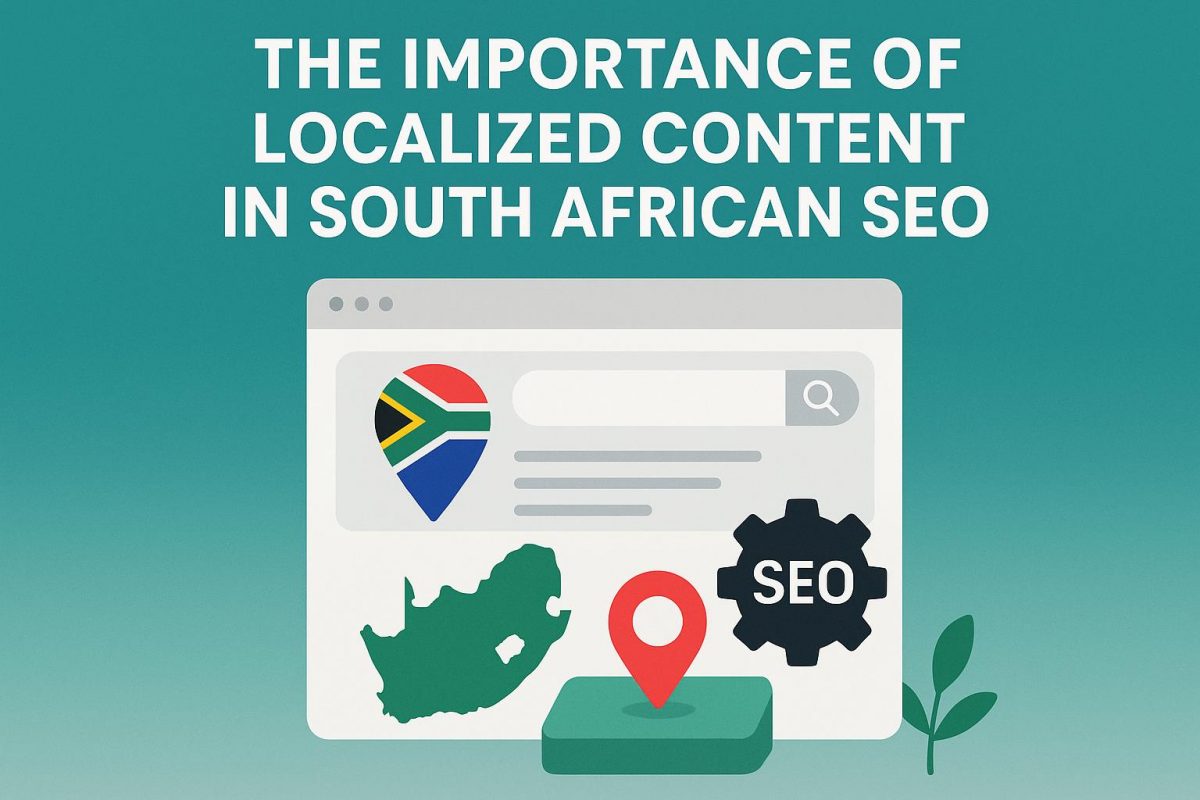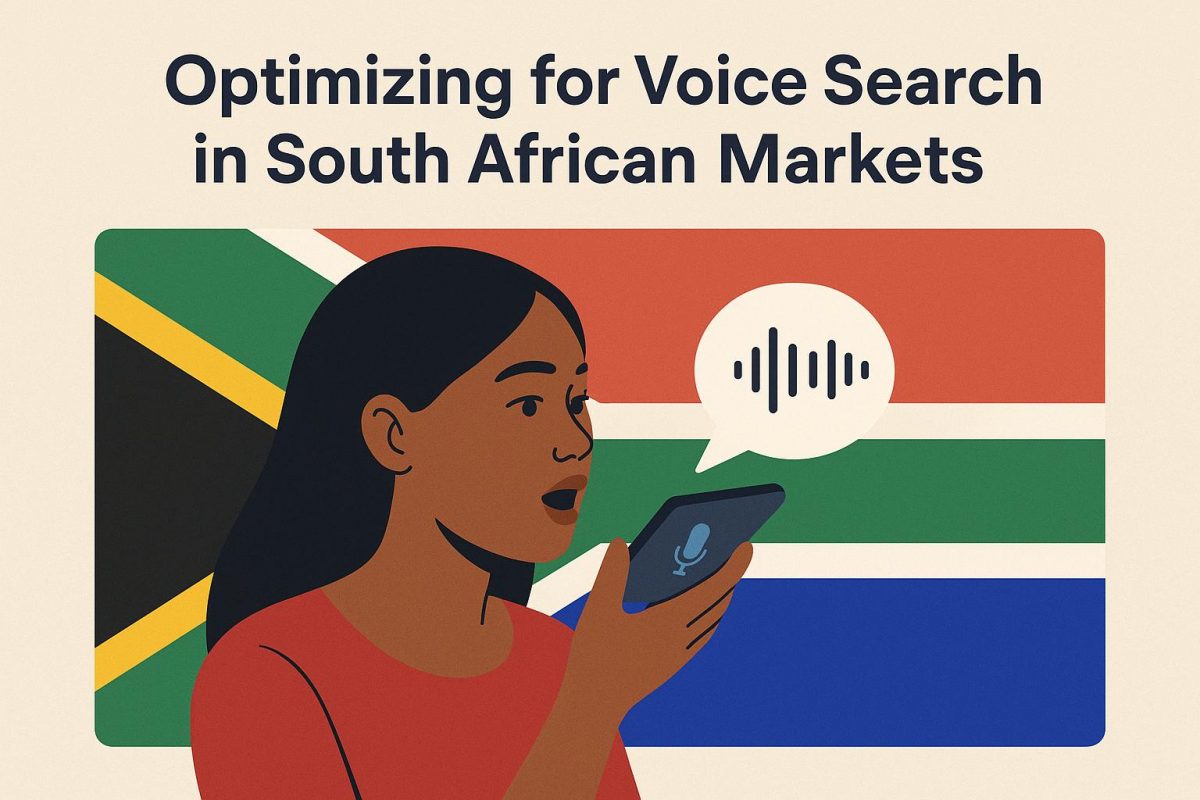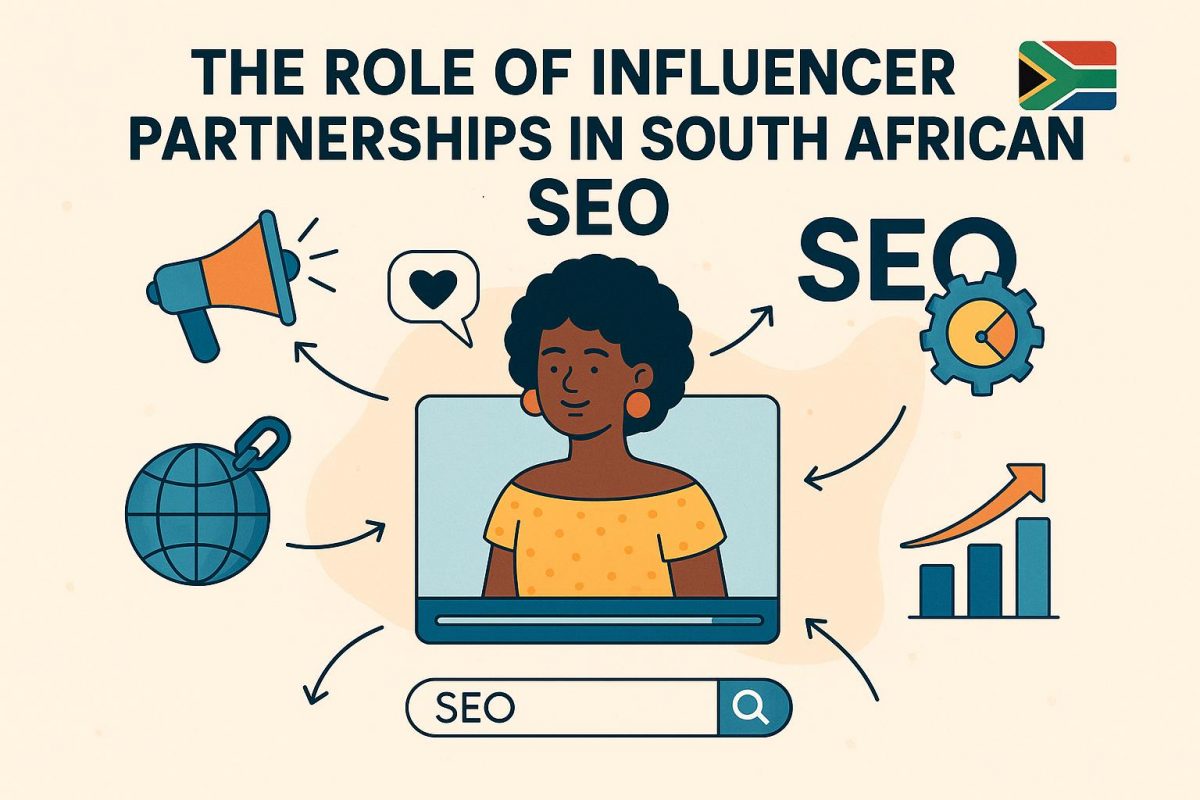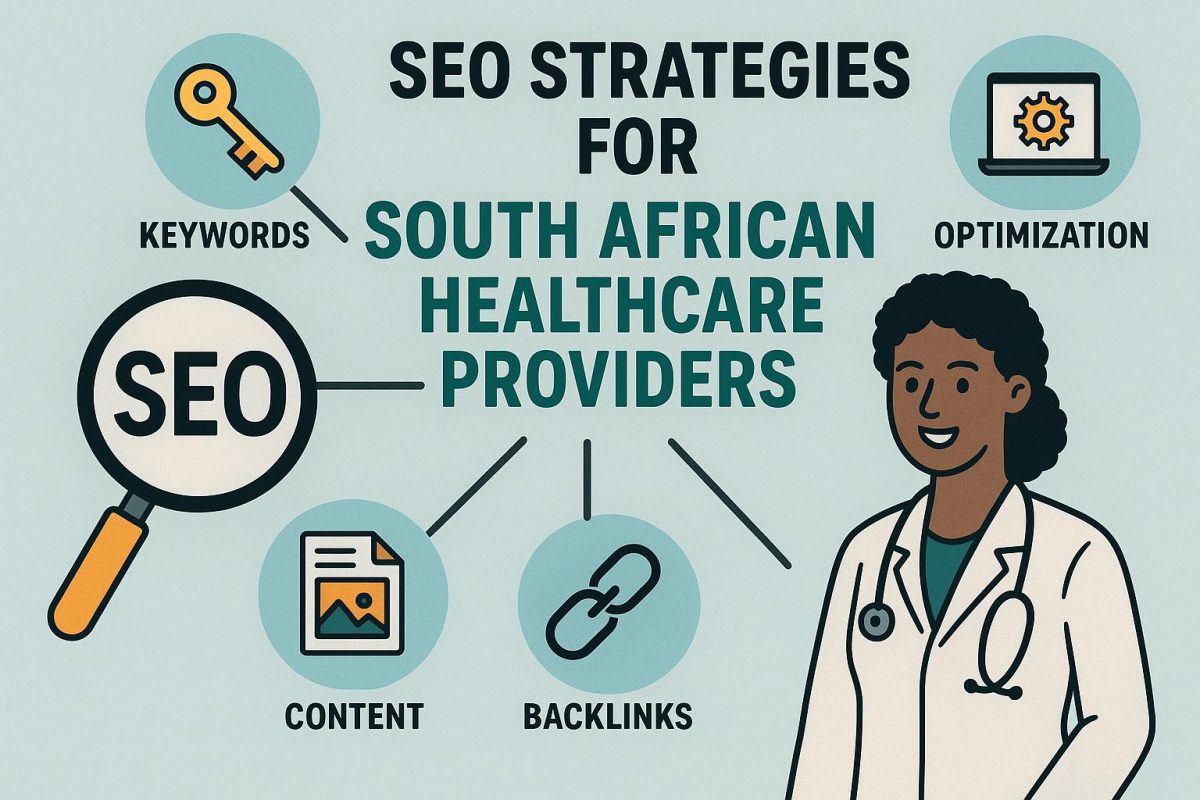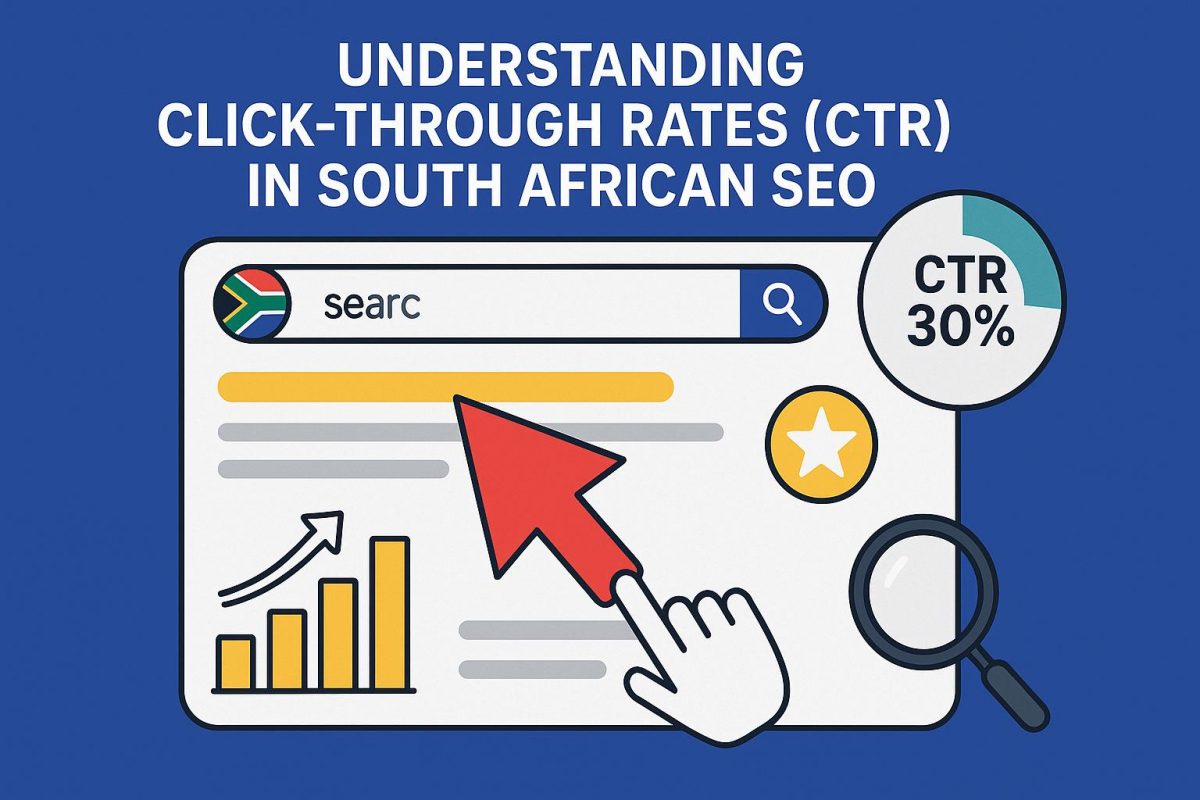Understanding the South African B2B Market
The South African B2B market is a dynamic and multifaceted environment that offers a variety of opportunities and challenges. Businesses operating within this market must adopt a specialized approach to search engine optimization (SEO) to navigate effectively. Deep comprehension of the local business landscape is crucial for implementing strategies that yield results. South Africa’s B2B market is primarily dominated by industries such as mining, manufacturing, and finance. As such, businesses in these sectors must carefully craft their SEO efforts to ensure they connect effectively with their target audience.
Keyword Research for Local Relevance
Conducting comprehensive keyword research is the cornerstone of any SEO strategy. For South African B2B organizations, it is not only necessary to identify industry-relevant keywords but also to focus on terms that hold regional significance. Utilizing SEO tools like Google Keyword Planner or SEMrush can aid in uncovering keywords that are prevalent among South African businesses. Employing localized keywords allows businesses to achieve higher visibility in local search results, thereby enhancing their prominence and appeal to the local market.
Utilizing Localized Content
Crafting content that connects with the South African audience is a pivotal element of B2B SEO. By integrating local dialects, references, and terms that are specific to the industry, content becomes more relatable and engaging. Furthermore, creating content that addresses local industry trends, regulations, and challenges positions a company as a knowledgeable authority within the South African market. This strategic approach not only bolsters search engine rankings but also strengthens the business’s credibility and trustworthiness.
Optimizing for Mobile Users
The significant rise in mobile internet usage across South Africa makes optimizing websites for mobile users a crucial undertaking. Ensuring that your website offers a responsive design, swift loading times, and smooth navigation on mobile devices is essential. With Google’s mobile-first indexing system, which prioritizes mobile-friendly websites in search results, optimizing for mobile users is vital to maintaining competitive search engine standings.
Leverage Local Backlinks
Developing a robust network of local backlinks is an effective strategy for amplifying SEO efforts. Collaborations with South African industry publications, local businesses, and relevant online directories can help businesses gain valuable backlinks. Acquiring these local backlinks enhances a website’s credibility and relevance from a search engine perspective, which can subsequently lead to higher rankings within search results.
Emphasizing Social Proof
In the context of B2B SEO, social proof can wield considerable influence. Displaying customer testimonials and case studies from other South African businesses helps to establish trust and credibility. By highlighting testimonials from local clients, businesses can foster a sense of reliability and engagement among potential prospects, ultimately improving user engagement rates and achieving a higher visibility in search results.
The Role of Google My Business
Google My Business (GMB) stands as a critical tool for enhancing local SEO endeavors. Ensuring that your GMB profile is consistently updated with accurate business information—such as contact details, operating hours, and location—is essential. Engaging consistently with reviews and posting regular updates can significantly enhance your business’s presence in local search results, presenting opportunities for increased visibility and customer engagement.
Technical SEO and Website Performance
Technical SEO forms the backbone of a successful SEO approach. Optimizing your website for speed, maintaining a clear URL structure, and eliminating broken links are foundational steps. Search engines prioritize sites that deliver excellent user experiences, so finely tuning the technical aspects of your website is crucial for achieving high rankings in search results.
Monitoring and Analytics
To grasp the effectiveness of SEO strategies, regular monitoring through analytics tools such as Google Analytics or Moz is crucial. By analyzing metrics including organic traffic, bounce rates, and conversion rates, businesses can make informed decisions and adapt their strategies as necessary. This continuous monitoring allows for the agile refinement of SEO efforts and ensures sustained success.
Conclusion
For South African B2B companies, the implementation of effective SEO strategies is vital for enhancing online presence. By undertaking thorough keyword research, generating localized content, optimizing for mobile platforms, securing local backlinks, prioritizing social proof, and leveraging Google My Business, businesses can augment their search rankings and more effectively connect with their target audience. Regular analysis and refinement through analytics support the ongoing optimization of SEO efforts, driving sustained growth and success in the competitive South African B2B market.
